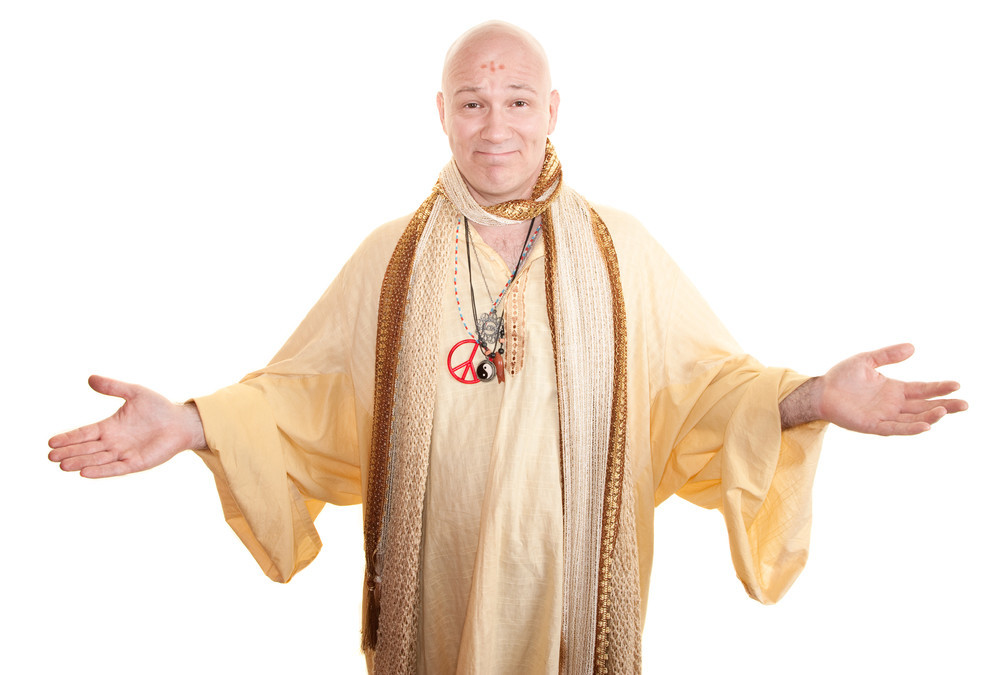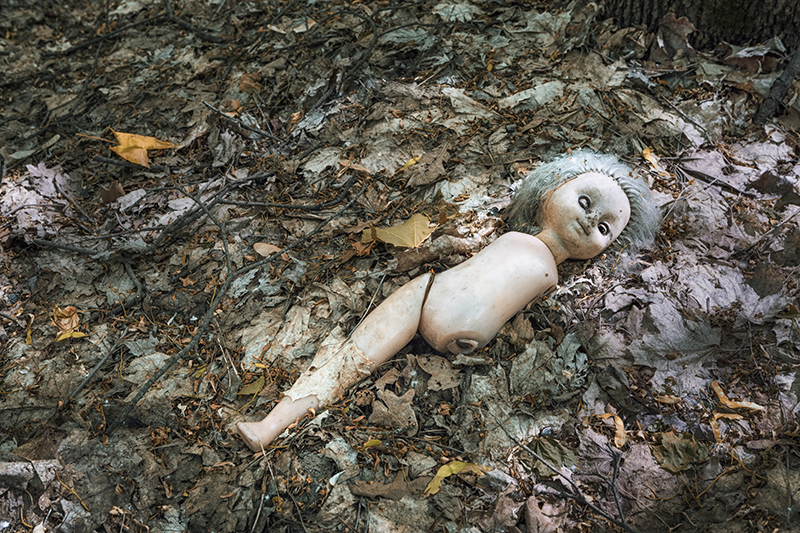Human is a complex organism. It is not easy to define it simply within certain rules because there are gray areas in between the blacks and whites in its decisions and behaviors.
I tried to classify types of people we encounter in our daily lives in small groups and identify their characteristics. I think you might be interested if you have a job in which you are in constant contact with people or if you are a story writer or photographer. I will provide a few suggestions for photographers following the definitions.
Intellectuals:
- They criticize too much.
- They are picky.
- They are often unhappy and desperate.
- They do not have time to produce useful things.
Artistic people:
- Their egos go through the roof.
- They do not accept criticism.
- They are observers.
- They are free-spirited, dreamy and creative.
- They love to take risks.
- They are unstable.
- You can have an unforgettably beautiful dinner with these people, but you cannot live with them in the same house.
The engineer type:
- They seek a logical explanation for everything. They think everything has a cause.
- They trust machines more than they trust people. For example, they may take a wrong turn even if they know the right way just because of the navigation device.
- They are reliable.
- Their actions are easily predictable, so they are boring.
The ambitious type:
- They work a lot.
- They divide people and things as those that serve their purpose and those that do not.
- They lack empathy.
- They are often successful.
Pessimists:
- They focus on the 10% empty part of the glass. Never share your dreams with these people as they may let you down easily.
- They get sick easily and frequently.
- Sometimes they are not even aware of their irrational approach to events.
- They have trust issues.
- Intelligent people are generally pessimistic. Being intelligent means being able to establish links between events; therefore these people find it easier to see the dark future of our world compared to other people.
Optimists:
- They are usually faithful and happy.
- They live long.
- Their vision is not broad. They are far from growth and change.
Entrepreneurs:
- They are dreamers.
- They love taking risks.
- They usually fail. They are the few popular and successful ones of all the people we know.
- They hate to work on a salary basis. They do not want to take orders. They are free-spirited.
Officer spirited people:
- They do not like risks.
- Their perception has grown weak. They refrain from producing anything including thought.
- They do not like hard work.
The socially disabled:
- They have plenty of fears, concerns and addictions.
- They are unable to communicate.
- They do not acknowledge their situation.
Emotional people:
- Their perception is very strong.
- They are extremely empathetic.
- They are prone to depression.
Let’s assume you are a photographer and you want to show your photos to the people of the above-defined characters.
- If you want to get criticism, refer to intellectuals and pessimists. But chill out and be prepared for the worst from the start.
- You can get interesting suggestions and feedback from entrepreneurs.
- If you are pursuing meaningless approvals, show your photos to officers and optimists.
- Ambitious people will try to find out how you took that photo and do the same instead of criticizing it.
- Emotional people may interpret the details that even you are not able to see in your own photo. From this point of view, it is an interesting experience to consult them.
- Do not expect a positive or negative feedback from the socially disabled. They either make no comments or you cannot understand what they say.
- The engineer type will be interested in your camera more than your photos. So, do not expect to get a feedback from them.
- What artists will say depends on their current mood. You may get a very successful feedback, be ignored, or be criticized severely.
In other words, if you receive poor reviews, do not worry about your photos too much or if you get good criticism, do not rejoice too much because they may not be about you.
So we have to keep in mind that characteristics of a person can vary depending on the time, place and mood. On the other hand, most of these characters are likely to be seen together. For example, an intellectual or an artist may also be pessimistic or an entrepreneur may be ambitious. But do not expect an artist to be officer spirited. When it comes to people, there are always exceptions and none of us is perfect; what makes us perfect is our differences.










